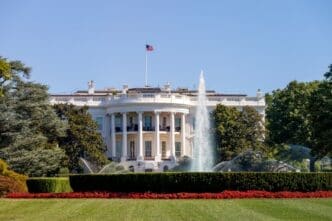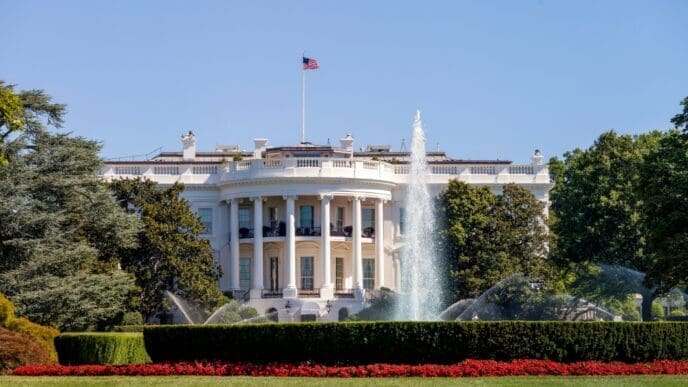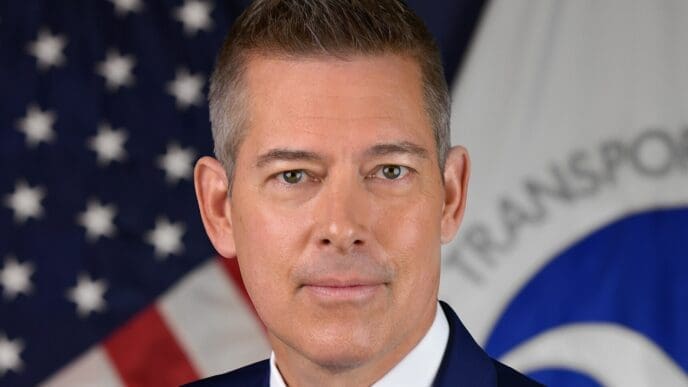In a recent development in Moscow, a Russian court has sentenced four journalists to five and a half years in prison each after finding them guilty of extremism. The journalists, Antonina Favorskaya, Konstantin Gabov, Sergey Karelin, and Artyom Kriger, were convicted for their association with an anti-corruption organization founded by the late opposition leader Alexei Navalny, who passed away in February 2024. The trial was conducted behind closed doors and signifies an ongoing and intensified crackdown on dissent in Russia, which has escalated since the country deployed troops to Ukraine in 2022.
The convicted journalists maintained their innocence, asserting that they were targeted for carrying out their professional duties. Favorskaya and Kriger were associated with SotaVision, an independent news outlet focused on covering protests and political trials. Gabov worked as a freelance producer for various entities, including Reuters, while Karelin contributed as a video journalist for Western media, including The Associated Press. They were accused of working with Navalny’s Foundation for Fighting Corruption, which was deemed extremist and banned in 2021, a decision widely perceived as politically motivated.
Navalny, a prominent critic of President Vladimir Putin and a relentless advocate against corruption, died while serving a lengthy sentence on charges he dismissed as politically charged. During the trial, Favorskaya revealed that she faced prosecution for reporting on Navalny’s hardships in prison and for organizing his funeral. Gabov, in his statement, described the accusations as baseless, highlighting that independent journalism is unjustly equated with extremism in Russia.
Karelin, in his closing arguments, emphasized his commitment to journalism and providing for his family, denying any illegal activities. Kriger, in his statement, expressed that he was penalized for his dedication to independent journalism, urging supporters not to lose hope for justice. Following the verdict, supporters in the courtroom applauded the journalists, who plan to appeal, with legal representatives describing the ruling as unjust and lacking evidence of any criminal activity.
The Russian human rights organization Memorial has recognized the four journalists as political prisoners, adding to a list exceeding 900 individuals currently detained under similar circumstances. This figure includes Mikhail Kriger, Artyom’s uncle, who is serving a sentence for comments made on Facebook deemed as justifying terrorism and inciting hatred.
The Evolving Landscape
The conviction of these journalists underscores the precarious state of journalism and freedom of expression in Russia. For many, this case exemplifies the broader suppression of dissent and the challenges faced by those who strive to report independently. The ruling not only impacts the individuals involved but also casts a shadow over the media landscape, potentially stifling critical voices and deterring journalistic endeavors due to the risks associated with governmental backlash.
For the international community, this development raises concerns about the state of human rights and the rule of law in Russia. Such actions may result in diplomatic strains and further isolate Russia on the global stage, affecting international relations and collaborations. For ordinary Russian citizens, this may lead to increased caution in expressing dissenting opinions, both publicly and privately, as the government continues to tighten its grip on free speech.










